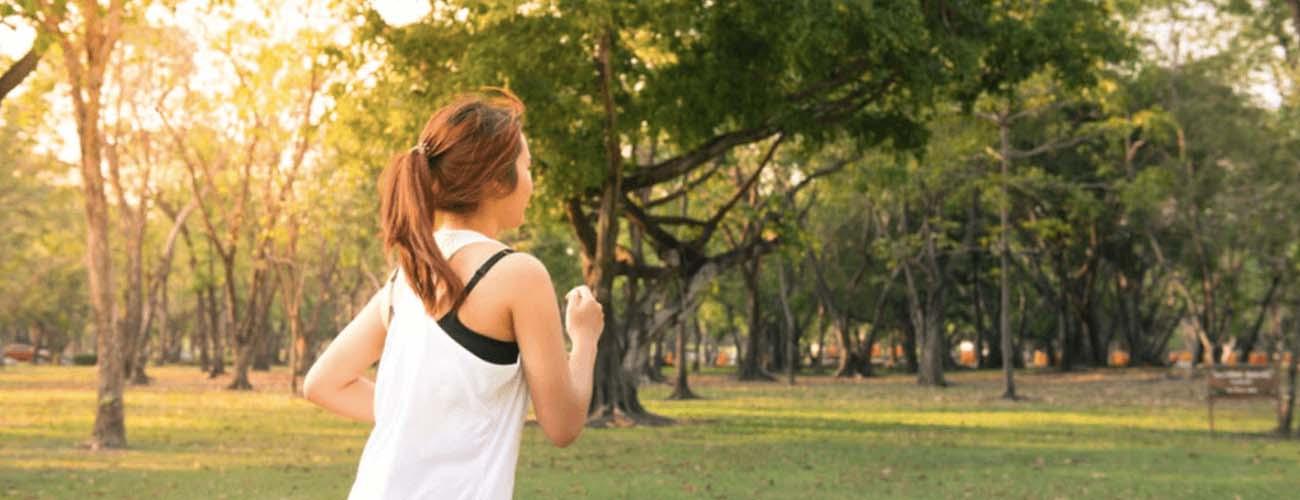
The benefits of exercising outside are enormous - there’s the improved mood and mental health generally, plus the reduction in depression, stress and anxiety and enhanced sleep.
Then there are the bodily benefits, with physical activity helping bring down the risk of everything from heart disease and stroke to type 2 diabetes, cancer and osteoarthritis, among other conditions.
30th September 2024
So it’s hardly surprising that NHS guidelines recommend exercising for a minimum of 150 minutes of moderate-intensity activity each week – or 75 minutes for vigorous activity.
At leading outdoor gym equipment provider Fresh Air Fitness, we believe all movement is good, whatever you do, and that there’s no one-size-fits-all way of engaging in physical activity which suits everyone. In other words, you have to find an exercise regime that’s right for you.
But we’re often asked about the best time of day to workout. What’s more, according to the BBC, evidence increasingly suggests that the time of day we exercise can affect health and performance. And now a piece of research has put forward one possible answer.
The study has found that your potential for top exercise performance peaks in the afternoon. Body temperature is at its highest between 2 and 6pm, so muscle strength and function, enzyme activity and endurance are at their best then. Oxygen uptake is also more efficient after lunch, while for a morning workout you might need an extra warm-up.
Equally, in the afternoon and evening you enjoy the most rapid reaction times. And this is vital for cardiovascular exercise like a workout on an elliptical cross trainer or a session on the air walker.
At the same time, your blood pressure and heart rate are at their lowest later in the day, lessening the risk of injury while also boosting performance and helping you get the most from your workout.
And, apart from anything else, late afternoon may be highly convenient if you’re fitting in an exercise session just after you’ve finished the day’s work.
If you’re an early bird, however, there are benefits to exercising first thing. 7am may be the only time you can squeeze in a workout, or it might just fit better into your schedule, with some people preferring to get their session done and dusted before the day gets underway. It can also make you more physically active throughout the rest of the day.
Additionally, there’s evidence to suggest that late-afternoon or evening exercising can affect your sleep quality. Equally, if you hit the gym with an empty stomach, you can burn up to 20% more body fat, adding to the case for a pre-breakfast workout.
In summary, we can agree that exercising at all is the key thing, regardless of the time of day you do it. Different studies have revealed different findings, more research is ongoing while at the same time more firm evidence is needed.
Equally, the impact of time of day of activity will vary for different people depending on their individual make-up.
But as Juleen Zierath, exercise physiologist at Sweden’s Karolinska’s Institute, puts it:
“One can maybe fine-tune the metabolic outcomes of the exercise based on when you work out.”
Fresh Air Fitness specialises in market-leading outdoor gym equipment for schools, councils, residential settings and other clients. And, of course, the great thing about an outdoor gym is that it’s open all hours – typically as long as the park or other setting is open. So people can exercise when it suits them, their bodies and their schedule.
Back to all blog posts